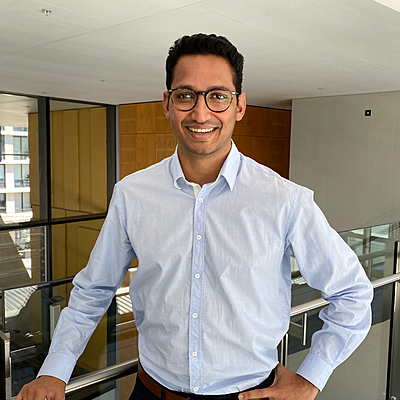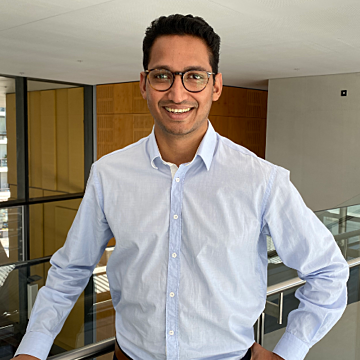News

Gautam Wali
Current Appointments
Senior Research Fellow (Honorary)Key Research Areas
Dr Wali is an early career researcher specialized in neuroscience and stem cell research. After completing his PhD at the Griffith University (under the supervision of Prof Alan Mackay-Sim, 2017 Australian of the year) he undertook postdoctoral studies at the Kolling Institute, University of Sydney with Professor Carolyn Sue. His research trajectory towards translational neuroscience research is to use patient-derived stem cell models to identify potential drug treatments for neurodegenerative diseases and progress them to clinical trials.
Contribution to research in drug discovery for neurodegenerative diseases
Dr Wali's PhD and post-doctoral research using patient-derived stem cell models has led to identifying a potential drug treatment for Hereditary spastic paraplegia (HSP), a neurodegenerative disease. The drug is now being considered for a clinical trial. This is the world’s first clinical trial testing a therapeutic treatment for SPAST HSP. In a relatively short span of 10 years, Wali et al have been able to understand the disease mechanism and identify a potential drug treatment candidate. He developed a blood based pharmacodynamic biomarker that can indicate the effect of the drug treatment within 24 hours of drug administration. He is a member of the Australian HSP clinical trial design team involved in planning and designing the clinical trial to test a drug treatment for HSP.
He has developed the “Single cell morphomics” phenotyping technology. He has previously applied this technology to classify cells from neurodegenerative patients and controls and between genotypes of the same disease and test drug treatments.
Dr Wali is a Chief Investigator for five research grants from National Drug Discovery Center at the Walter and Eliza Hall Institute, Spastic Paraplegia Foundation Inc, USA, Hereditary Spastic Paraplegia Research Foundation Inc, Australia with total grant funding of ~$600,000 over 5 years focused on identifying new drug treatments using patient-derived stem cell models, drug screening and biomarkers for neurodegenerative disease. He is CIA in two of the five grants focused on developing pharmacodynamic blood-based biomarkers.
Supervision
In his current position, he oversees a team of a PhD student, two research assistants and visiting students. He was nominated for the “Best Emerging HDR Supervisor Award” by the University of Sydney HDR Education Committee in 2019.
